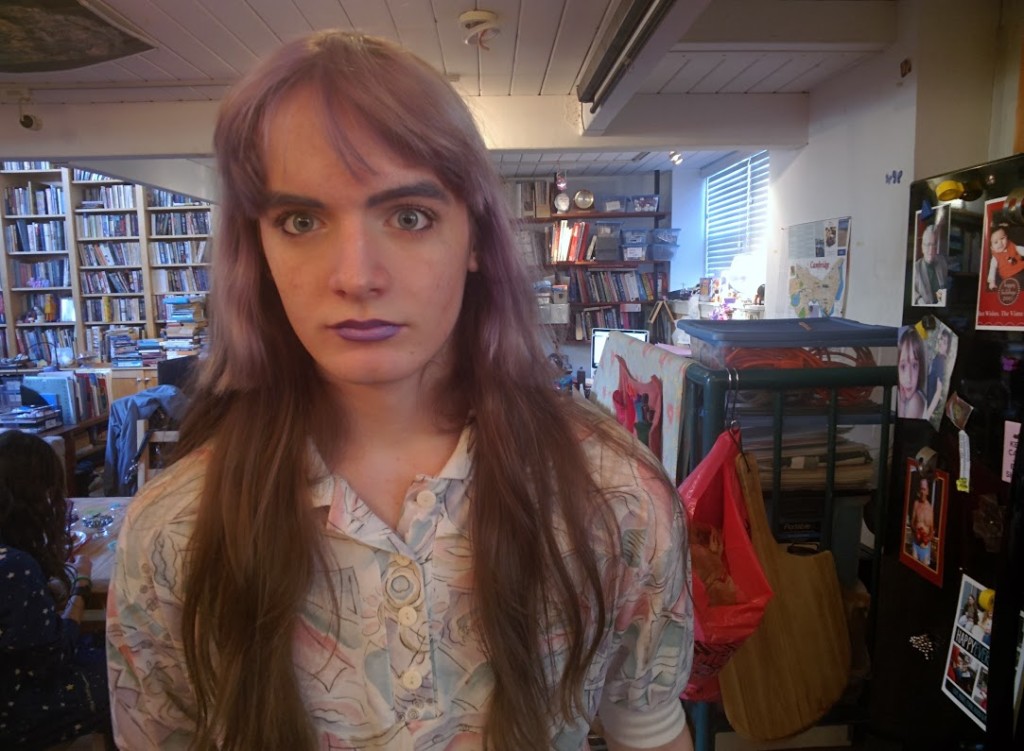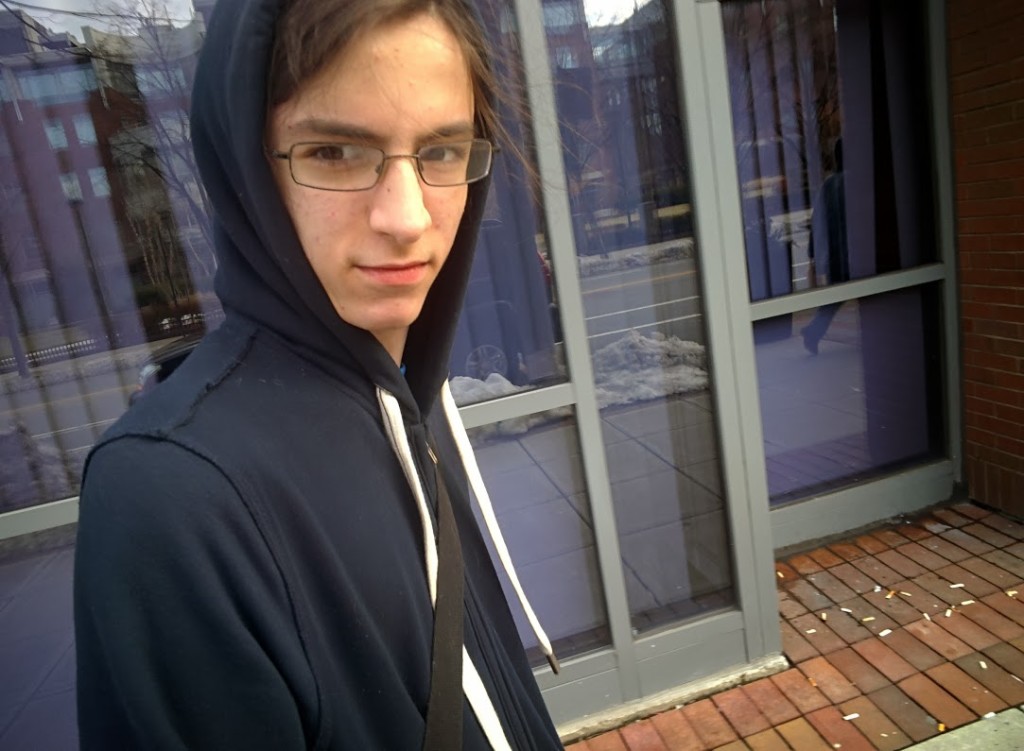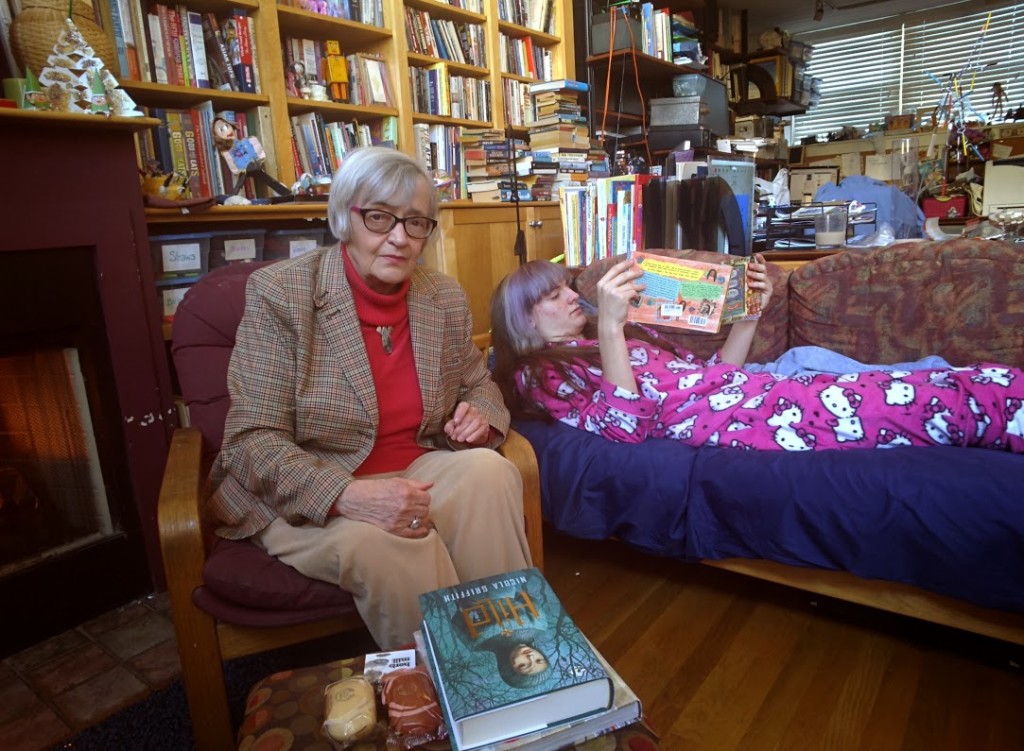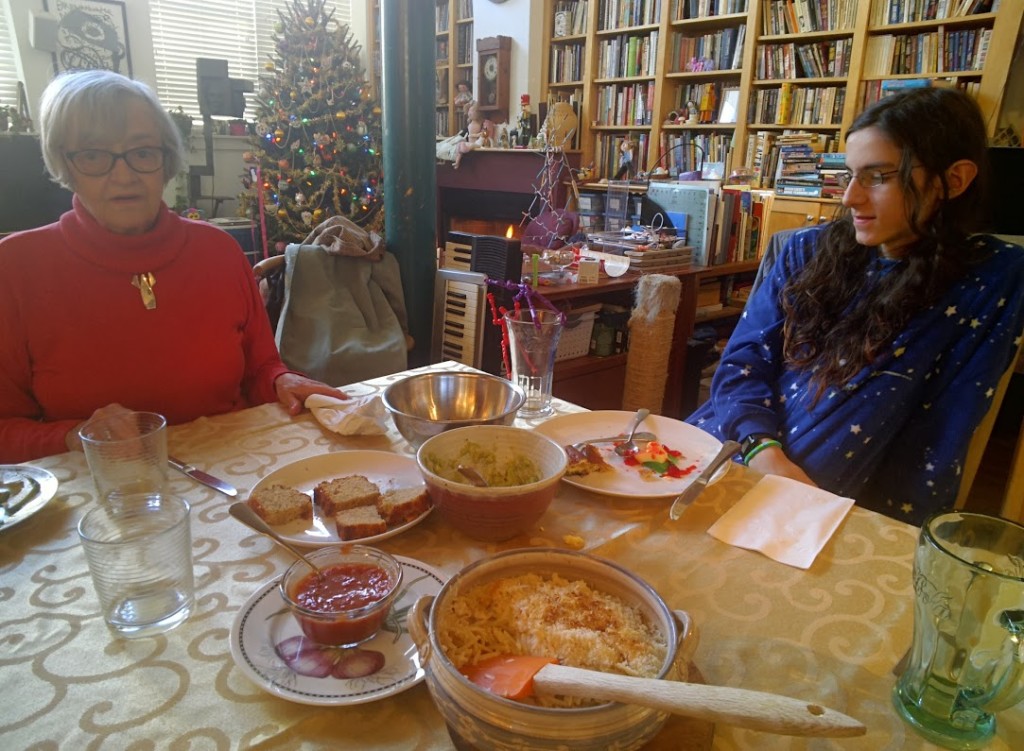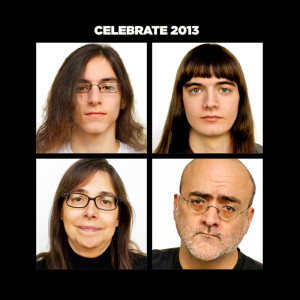
So, I’m off the stands again, the new issue of Asimov’s is out, and as always, there’s a sense of sadness there.
The question above haunts me. Seriously. As a younger person, I lived for years, literally years, secure in the knowledge that I was an artist, and then a writer, and that I would make art, or write–tomorrow. I knew that every now and then I made things. Every now and then, the mood struck. Making art, creating something new, seemed to be a now or then kind of thing, and certainly when one has a full-time (or even a part-time) job, that’s the way it almost has to be, because a Job is ab every workday thing and it’s hard to have many parallel every workday things going on without going nuts.
But even in my twenties and thirties, it wore on me, and there were periods of time when I gave up on the idea of being a writer or an artist for years at a time, while I was a entrepreneur. One of the great things about being a self-employed entrepreneur is that there are always things to do, some you enjoy and some you hate, and you try to let the needs of the enterprise inform you on which thing you should be doing. The entrepreneur knows she’s on her own. Entrepeneurs don’t have muses. They have deadlines, payrolls, angry demanding clients, the possibility of great success and the greater likelihood of humiliating defeat.
It gets you going and keeps you going. Until it blows up in your face and it’s over and you wonder if you should do it again, knowing the new things you know.
My entrepreneurial activity of course never made me rich, and since that was what it was supposed to do, it was, in one sense, a failure. It was also a wonderful way to learn about the world. When you have your head down digging a trench, someone else’s trench, you get good at trench digging but you never get a big picture sense of business, of capitalism, of employers and employment. It’s like being an adolescent, being a child, being a student without ever having tried to be a teacher, parent, owner. It’s easy to see how stupid management is. When you don’t do that work, ever.
Step into the role of the other; the employer, the teacher, the job-creator, the parent, and Oh My. The circle becomes complete. The student is now the master. The employee now the employer. The worker now the owner. And you learn something.
You’re lousy at everything! And who do have to blame for that now, eh?
Only you!
You are half-assed. At everything. How in the name of God does one get one’s entire ass in gear?
Optimism, Great Expectations, belief that you can do something, is always the first step, isn’t it? The sense that you can do this thing. That has to be in the mix somewhere. Where does that come from, one wonders? Your parents telling you as a child that you can do anything you set your mind to? Doing well on standardized tests in high-school? Being able to make friends and make money in other contexts? Where does that confidence come from?
That optimism and belief in one’s self runs headlong into one’s critical sensibility early on. That wonderful Ira Glass quote above, about how hard the first five or ten years of creative effort can be, when one’s creator isn’t as powerful as one’s internal critic.
That Ira Glass poster can keep you going for for awhile. Then maybe you find a bit of your voice and have a bit of success and, well, you find yourself at the bottom of a new heap of people. Like that transition from Middle School to high school, when you go from being the biggest kid in the school to the smallest and most insignificant. Then high-school to college. Then college to work.
Every arrival is stunning. Oh. Here again? Wow. I suck. Again? I’m just this guy who made a cut and now it’s time to prove myself, all over again?
I’m 50. I’m 20 years in, though as I’ve mentioned, 20 years of now and then; who knows how many real years that is. Five? Ten? Basically, I need a new Ira Glass quote to keep me going for this bit of the struggle. I’m afraid I’m going to have to write that new inspirational quote myself, this time.
This post is no good for my professional career or persona. But somehow I want to share this part of this process too, for anyone who might care, for anyone it might help. Because you think you might arrive, someday,and it sure looks like some other people arrive, I could name names, but why bother,
But for you? No. You may succeed but you’ll never arrive. Maybe that’s just how it is, doing this thing, what it feels like on the inside.
Enjoy it right now or you never will. Every moment is as good as it gets.
But keep going. There are no more years to waste.
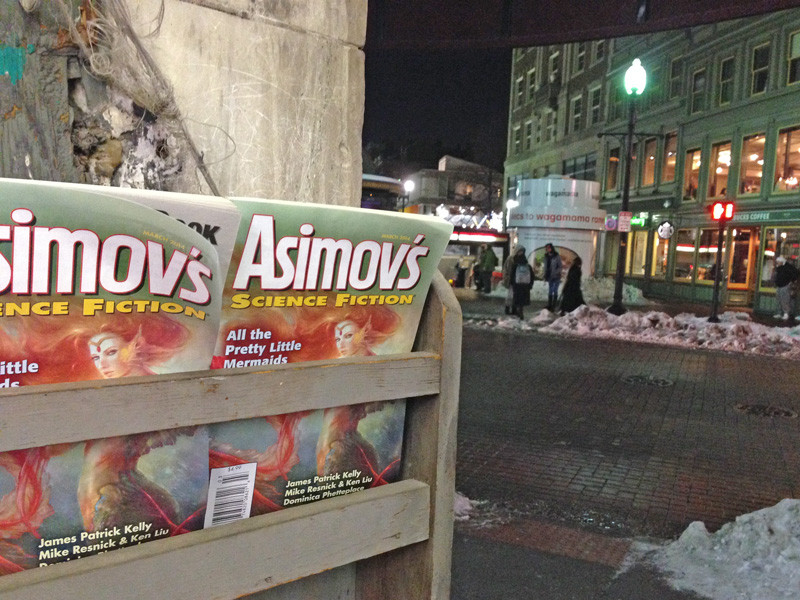
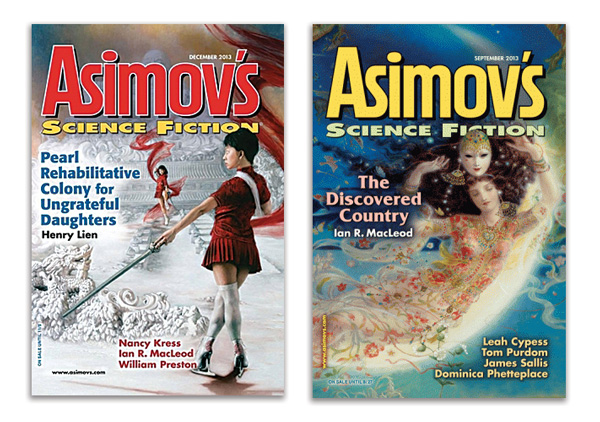
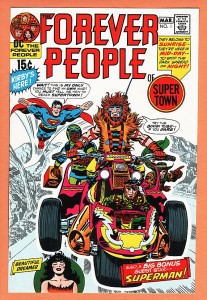
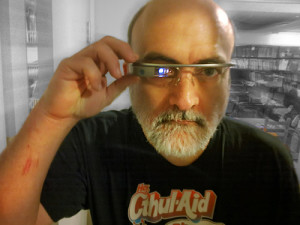
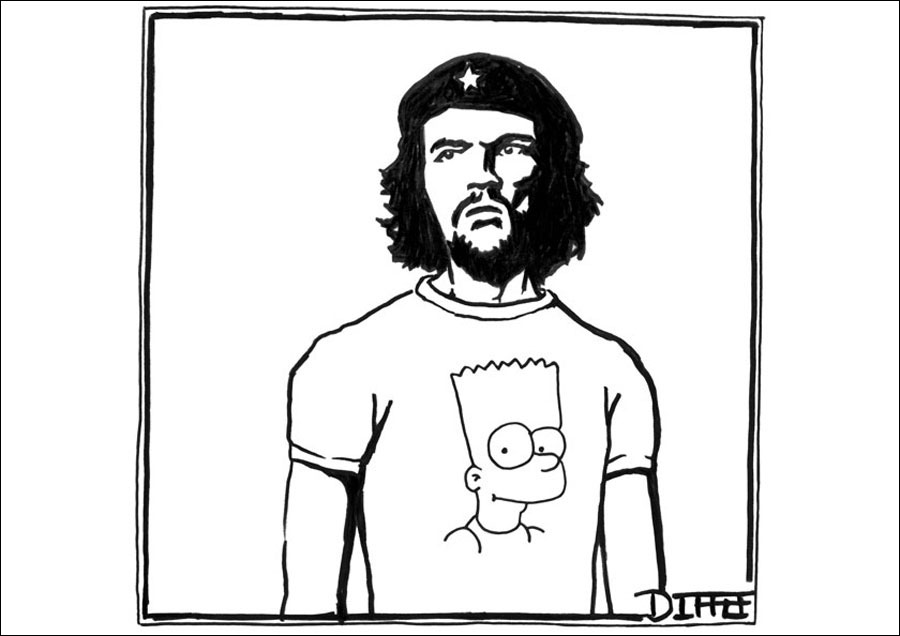 I liked the sound that of that title. Not sure what it means exactly, but I like it. I see Dick Clark in a Che t-shirt. I guess it’s an android Dick Clark. Or maybe it’s the guy above there.
I liked the sound that of that title. Not sure what it means exactly, but I like it. I see Dick Clark in a Che t-shirt. I guess it’s an android Dick Clark. Or maybe it’s the guy above there.
